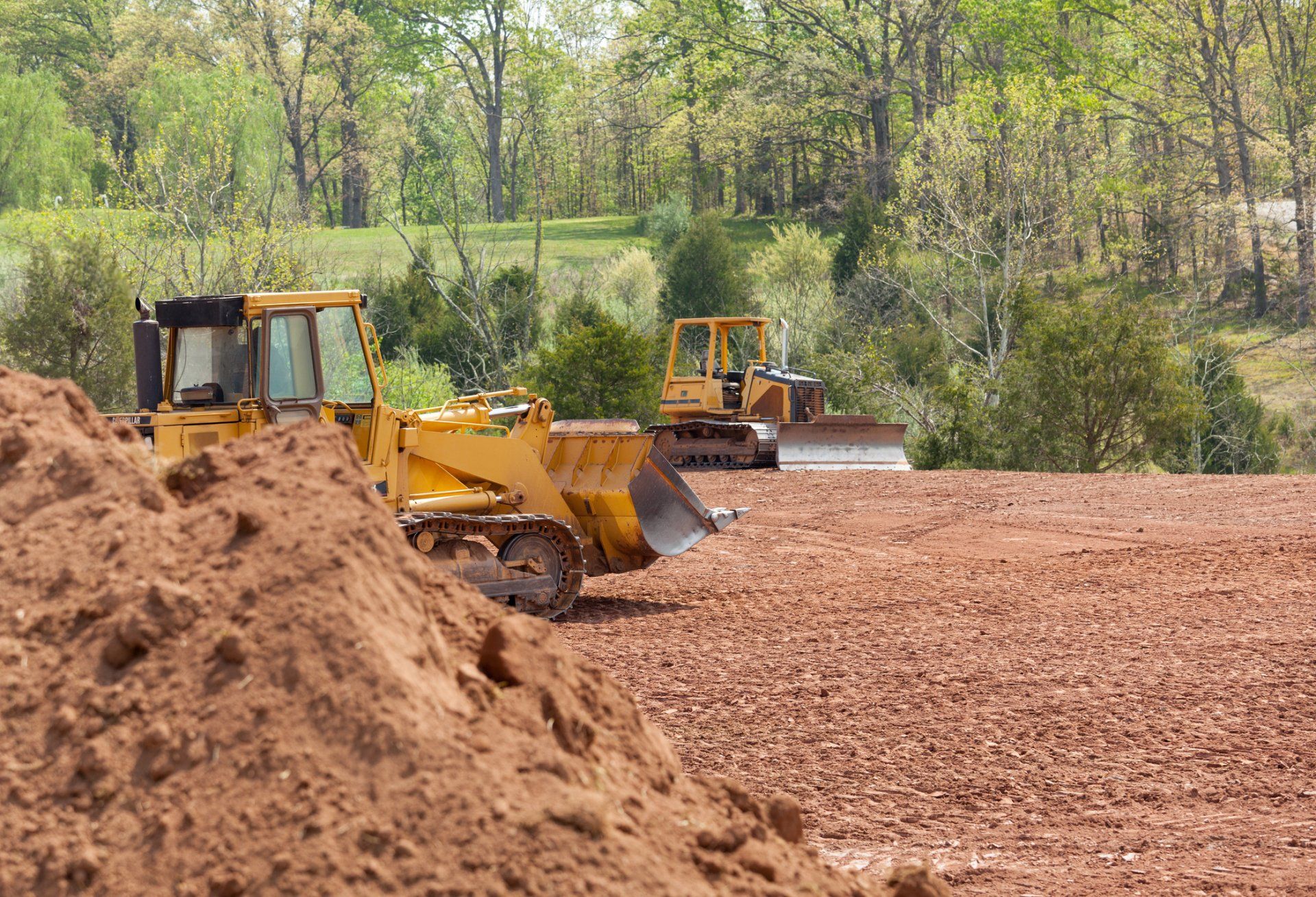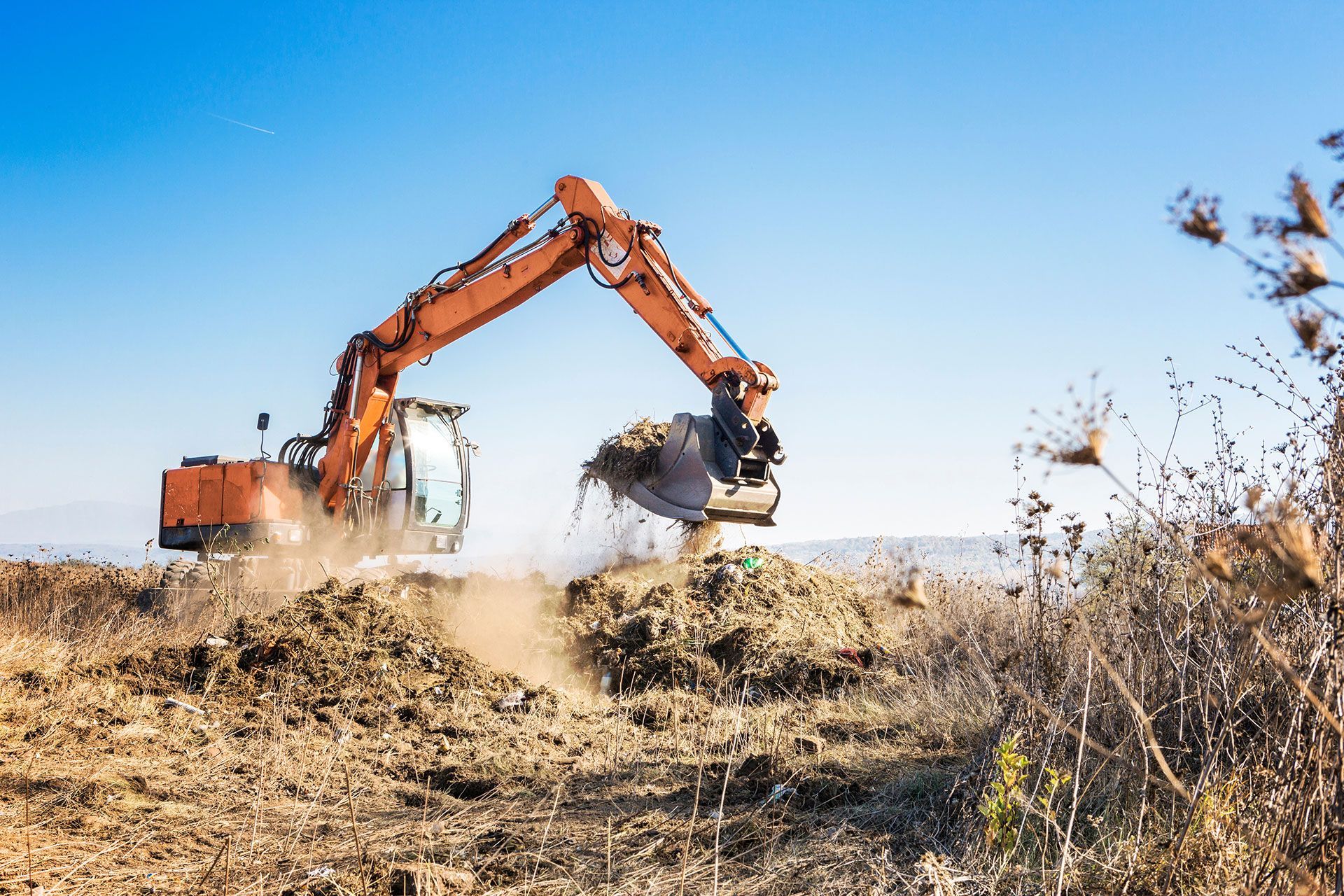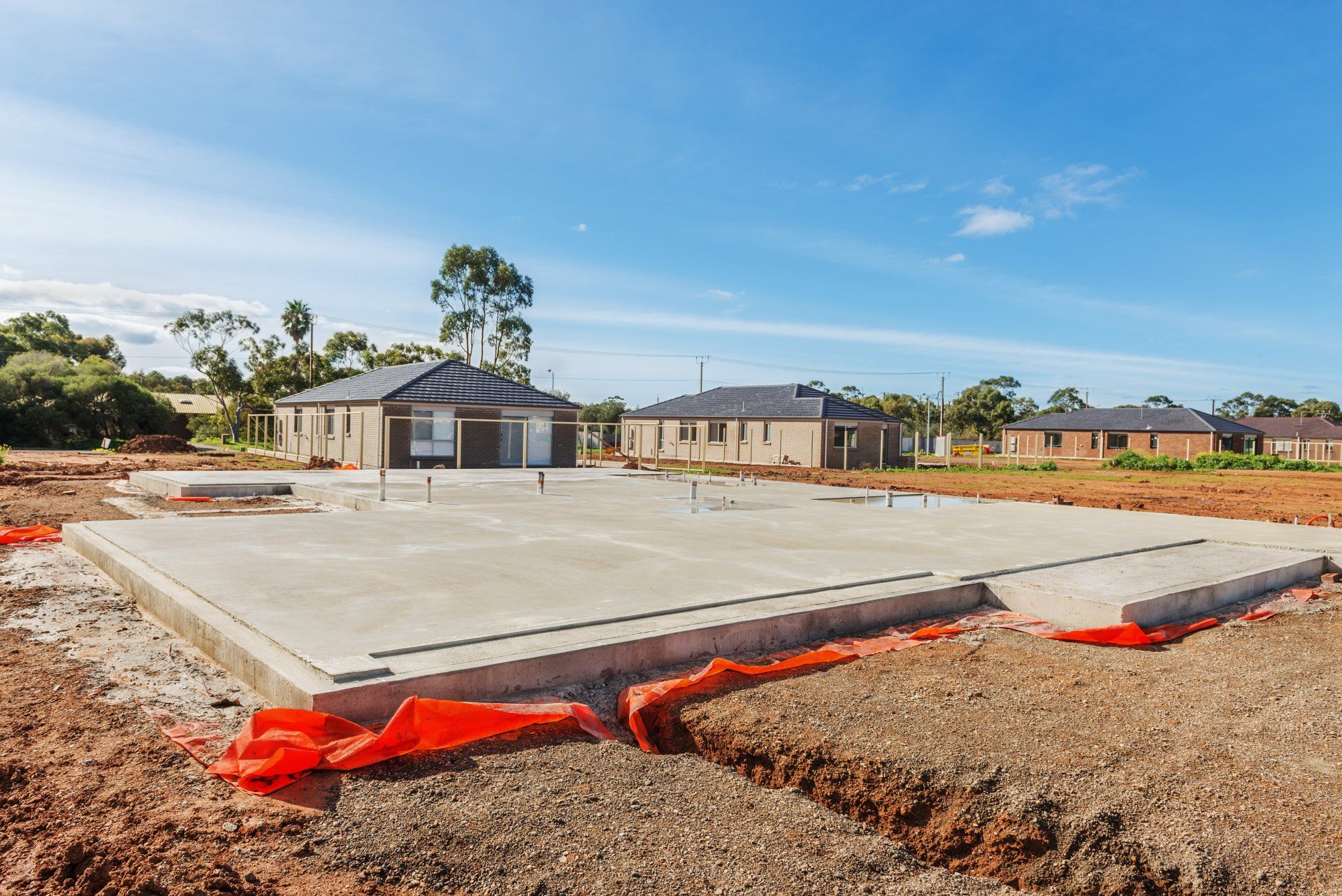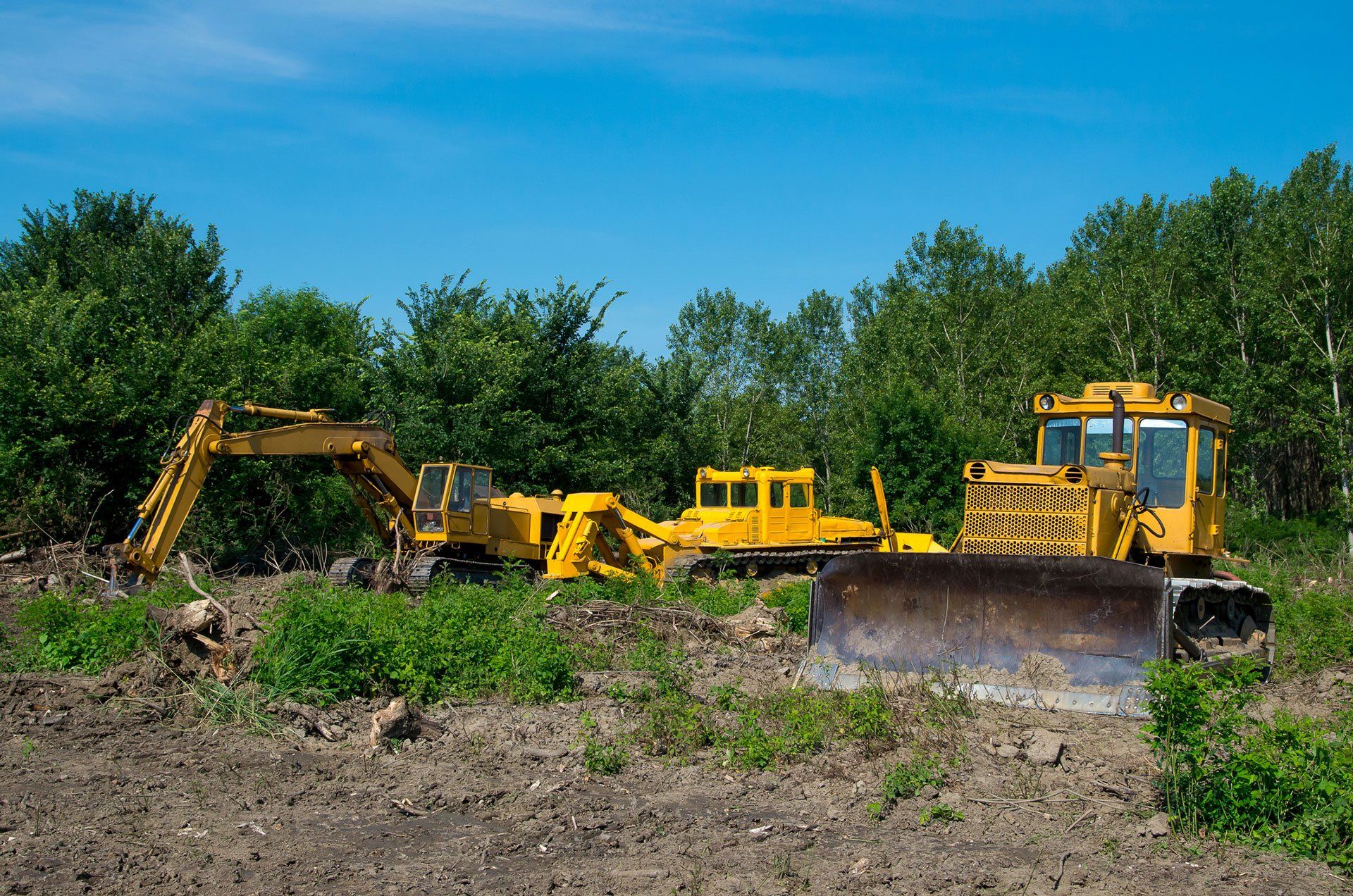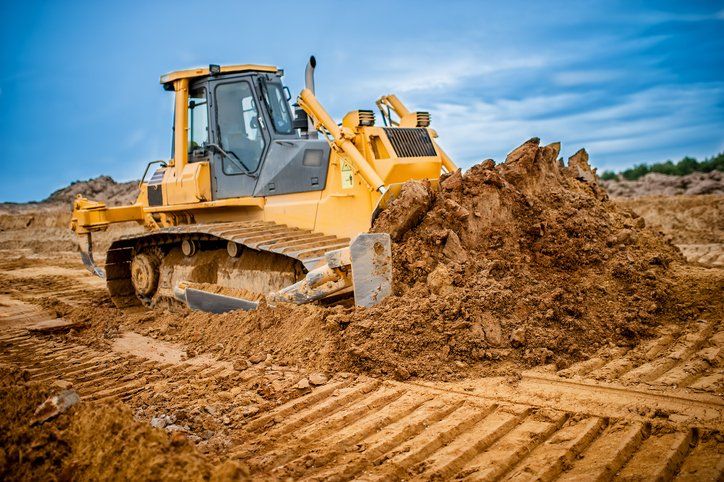When to Start Building After the Land Clearing Process
How Soon Can You Build After Land Clearing?
The first major step in any construction project is land clearing. Once you clear your plot of land of trees, stumps, and debris, you should be able to see the potential of your build site. When can building on this site actually begin? Understanding the timeline for building after land clearing is essential for a successful project. There are several factors that can determine when your site is ready for construction, from soil settlement to weather conditions. Find out why patience at this stage is a virtue and how to know when it’s the right time to break ground.
Without thorough land clearing, you risk a number of costly problems down the line. Hidden roots can decompose, creating voids under your foundation that lead to shifting and cracking. Uneven ground can cause drainage issues, directing water toward your structure instead of away from it. By starting with professional land clearing, you set your entire project up for success, ensuring the ground beneath your future home or commercial building is stable and secure. Land clearing is a critical first steps that allows for construction to begin.
The Importance of Letting the Ground Settle
Once the heavy equipment has finished its work, the ground is not immediately ready for a foundation. The land clearing process, especially the removal of large trees and stumps, significantly disturbs the soil. The earth needs time to settle and compact naturally.
Building on unsettled ground is a recipe for disaster. A waiting period is needed before construction to prevent foundation issues, ensure soil stability, and allow for proper grading. Rushing this phase can turn your dream project into a nightmare of expensive repairs. Patience is key. The most common question homeowners and developers ask is, "How long do I have to wait?" Unfortunately, there isn't a single answer. The time it takes for the ground to settle can range from a few weeks to several months, depending on several key factors. Understanding these variables will help you estimate your project's timeline more accurately.
The type of soil on your property is the single most important factor. Different soils have different properties that affect how they compact and settle. A professional soil engineer can perform a test to identify your soil composition and provide a specific recommendation for your site. Mother Nature also plays a huge role in soil settlement. Moderate, consistent rainfall can be beneficial. It helps saturate the soil and aids in natural compaction. However, a sudden, heavy downpour can cause erosion and wash away loose topsoil, creating new problems. Temperature can also significantly impact settling. You also need to consider the scope of your land clearing project. The extent of the clearing work directly affects the disturbance to the ground.
When to Start Your Construction Project
So, how do you know when the waiting is over? The decision to start building should be based on a combination of professional advice and careful observation. The most reliable way to know if your land is ready is to hire a geotechnical engineer. These professionals specialize in understanding soil mechanics. They can perform tests, such as a compaction test, to measure the density of the soil and determine if it has reached a sufficient level of stability to support a foundation. While it is an added cost, a geotechnical report provides peace of mind and can save you from catastrophic foundation failure. In addition to professional testing, you can look for visual signs of settlement. Watch for any noticeable sinking or depressions, especially in areas where large stumps were removed.
Your contractor can also aid the process by using compaction equipment, like a plate compactor or roller, on the backfilled areas and the building pad. This mechanically speeds up the settlement process and is a standard part of site preparation.
A general guideline is to wait at least a few months, and potentially an entire season (like a rainy spring or a winter with freeze-thaw cycles), to allow for natural compaction. For projects involving extensive land clearing on clay soil, waiting six months to a year is not uncommon.
Start Your Project on Solid Ground
The land clearing phase is just the beginning of your construction journey. While it’s tempting to rush into the next step, allowing the ground to properly settle is one of the most important investments you can make in the longevity of your structure.
By considering your soil type, local climate, and the scope of the clearing work, you can create a realistic timeline. Always consult with professionals, like a geotechnical engineer and your building contractor, to get an expert opinion. With a little patience and the right preparation, you can ensure your new building starts on a foundation that is truly solid.
Begin your construction project with land clearing from All Tractor & Site Work, Inc. We will properly clear your property to initiate the start of a new project. We are trusted for land clearing and site prep work in Ocala, FL and nearby Salt Springs, FL. Each job will be completed to precision using the highest-quality land clearing equipment. Call us today for land clearing, land grading, foundation work, and more in Ocala, FL.

